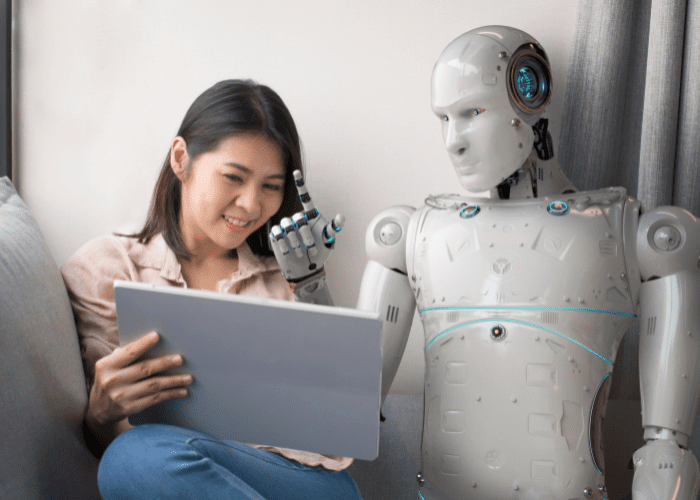COULD a ‘digital twin’ transform healthcare, offering personalised predictions and treatments to prevent illness? That’s the tantalising prospect being explored by scientists, who believe this technology could revolutionise medicine within the next decade.
Digital twins are sophisticated models based on data from real-world objects or processes. In healthcare, they merge vast datasets about genes, proteins, cells, and entire bodily systems with individual patient data to create virtual replicas of organs and, eventually, whole bodies.
“If you practise medicine today, a lot of it isn’t very scientific,” said Prof Peter Coveney from University College London. “Often, it is equivalent to driving a car and working out where to go next by looking in the rear-view mirror: you try to figure out how to treat the patient in front of you based on people you’ve seen in the past who had similar conditions.”
Already, digital twins are making an impact in cardiology, where patient-specific heart models are being used to design medical devices. Barcelona-based start-up ELEM BioTech is employing simulated human heart models to test drugs and devices, with plans to expand its virtual trials to pharmaceutical clients.
“In its first year of operation, Techscaler has already established itself as a vital part of Scotland’s entrepreneurial support infrastructure, and this is only the beginning. Expect major developments in 2024, as the Techscaler platform continues to consolidate, integrate, and evolve,” said Prof Coveney.
In the field of cancer research, digital replicas of patients’ tumours are being developed using images and genetic data. By applying machine learning to this data, scientists can predict how individual patients will respond to different drugs and dosages, offering personalised treatment strategies.
“You can’t do this repetitively with the real patient with multiple drugs and drug combinations, because every time you try a new treatment it is a clinical trial,” said Prof Tony Ng from King’s College London.
But the potential applications of digital twins extend beyond cancer and cardiology. Researchers are exploring their use in pregnancy, where they could help develop drugs for conditions like placental insufficiency.
“By tracking digital signatures that are made every time anything happens with a patient – from when an X-ray is ordered, performed and reported, to when that patient is booked for an outpatient appointment and attends it – we can build a highly detailed, real-time picture of how patients with similar conditions move through the system,” said Dr Jacob Koris from Getting It Right First Time.
With the promise of personalised medicine on the horizon, digital twins represent a groundbreaking approach to healthcare that could revolutionise how we prevent and treat illness in the future.
Latest posts
- Bravent, Microsoft’s technology consulting partner, expands into northern Europe
- Registration opens for ICO annual conference
- AI, EV and cyber security firms among Digital Tech Award winners
- Science leaders back UK’s Professor Mark Thomson as the right person to lead CERN
- NCSC warns of heightened security risk to critical national infrastructure at the hands of Russia-linked cyber criminals
